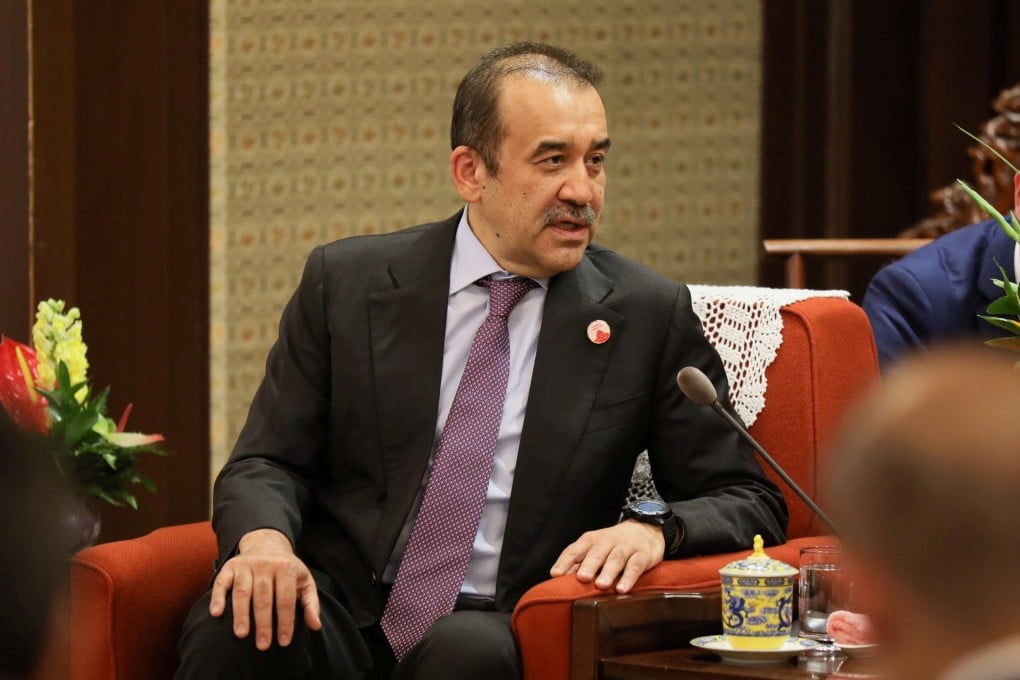Kazakhstan’s detained former security chief has close ties with China
- Karim Massimov was sacked as head of the National Security Committee last week and arrested on suspicion of treason
- A two-time prime minister, he studied in China and has long been involved in promoting trade and economic links

Little is known about the circumstances under which he was detained – the Kazakh government only went public with his arrest three days later.
Massimov is widely seen as a close ally of former president Nazarbayev – who is believed to have retained influence since he stepped down in 2019 – and also a China hand within Kazakhstan’s government.
China connection
After Kazakhstan gained independence from the Soviet Union in 1991, its economy was stagnating. An unstable currency, declining production and heavy debt fuelled financial instability.
As Kazakhstan struggled through a transition to a more market-oriented economy, Massimov was active in the realm of international trade.
Massimov had earlier studied Chinese at Beijing Language and Culture University, and read international law at Wuhan University.